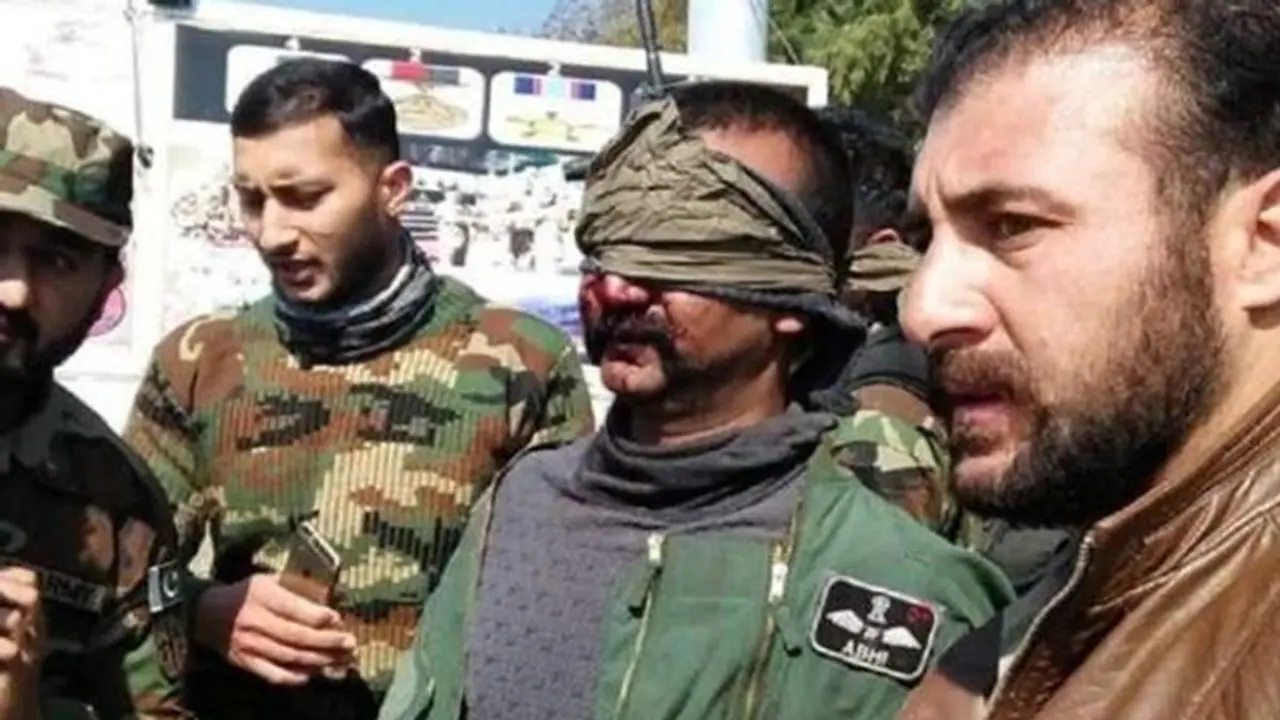Former Indian High Commissioner Ajay Bisaria unveils the intense diplomatic events on the night of February 27, 2019, in his upcoming book. The night, following the capture of Indian Wing Commander Abhinandan Varthaman, saw Pakistan seeking dialogue with Indian Prime Minister Narendra Modi amidst tensions.
Revelations by former Indian High Commissioner to Pakistan Ajay Bisaria have shed light on the intense diplomatic manoeuvring between New Delhi and Islamabad during the night of February 27, 2019, following the capture of Indian Wing Commander Abhinandan Varthaman. Bisaria details the events in his upcoming book, "Anger Management: The Troubled Diplomatic Relationship Between India and Pakistan."

Pulwama attack: How India avenged the terror attack and saluted its heroes
According to Bisaria, the Pakistan government, alarmed by the prospect of nine Indian missiles aimed at them, sought a conversation between Prime Minister Imran Khan and PM Narendra Modi. This night, referred to as the "night of bloodshed" by Modi, unfolded as part of India's coercive diplomacy that ultimately led to Abhinandan's release two days later.
Bisaria reveals a midnight call from then Pakistan High Commissioner Sohail Mahmood, expressing Khan's desire to talk to PM Modi. However, Modi was unavailable, and Bisaria conveyed that any urgent message could be relayed directly to him. The next day, Khan announced the release of Abhinandan in Parliament, citing an attempt to reach out to PM Modi for peace.
The book details interactions with Western diplomats who conveyed India's serious threat to escalate the situation if harm befell Abhinandan. The threat of missiles unnerved Pakistan, prompting diplomatic efforts to de-escalate. Bisaria emphasizes India's effective coercive diplomacy and clear expectations, backed by a resolve to escalate the crisis.
The book also discloses an approach by a close friend of Khan for a handshake and conversation with PM Modi, hinting at dealing with terrorism. The threat of kinetic military action was implied by Modi, who later referred to the night as a potential 'qatal ki raat' (night of killing).
The revelation includes a meeting where Pakistan informed Western envoys about nine missiles aimed at them, urging them to relay the message to India and prevent escalation. The diplomatic saga triggered a rethink by Pakistan on deploying proxy terror against India, with indications of a shift in the army's approach.
Bisaria's account concludes with a phone call alerting India about an imminent Al Qaeda attack, demonstrating a genuine tip-off. The book suggests that Pakistan, under ISI's Munir, aimed to discuss and escalate the matter to improve atmospherics. The book also delves into internal Indian government talks preceding the Balakot airstrikes and notes Khan's inflammatory rhetoric as a factor that closed the door to diplomacy. Despite Khan's stance, the army, led by General Bajwa, was reportedly interested in maintaining diplomatic channels.
